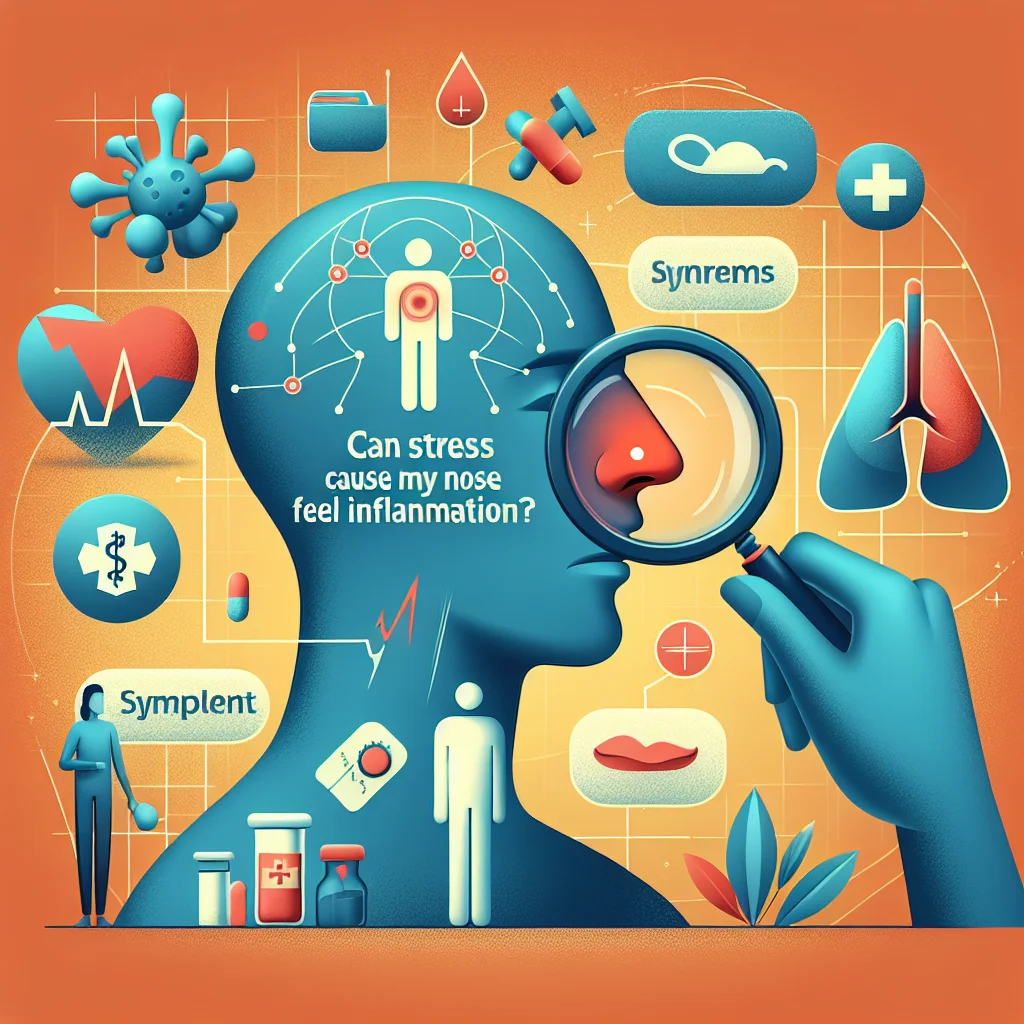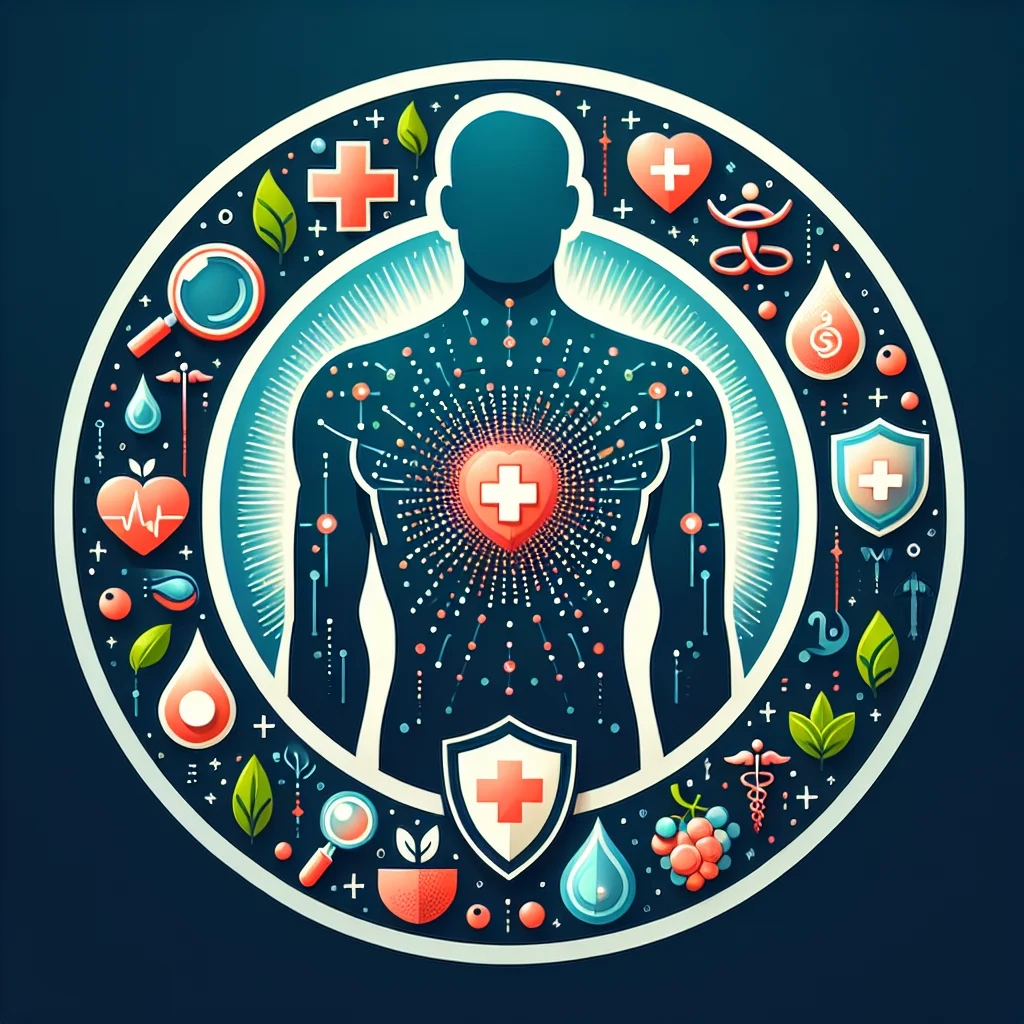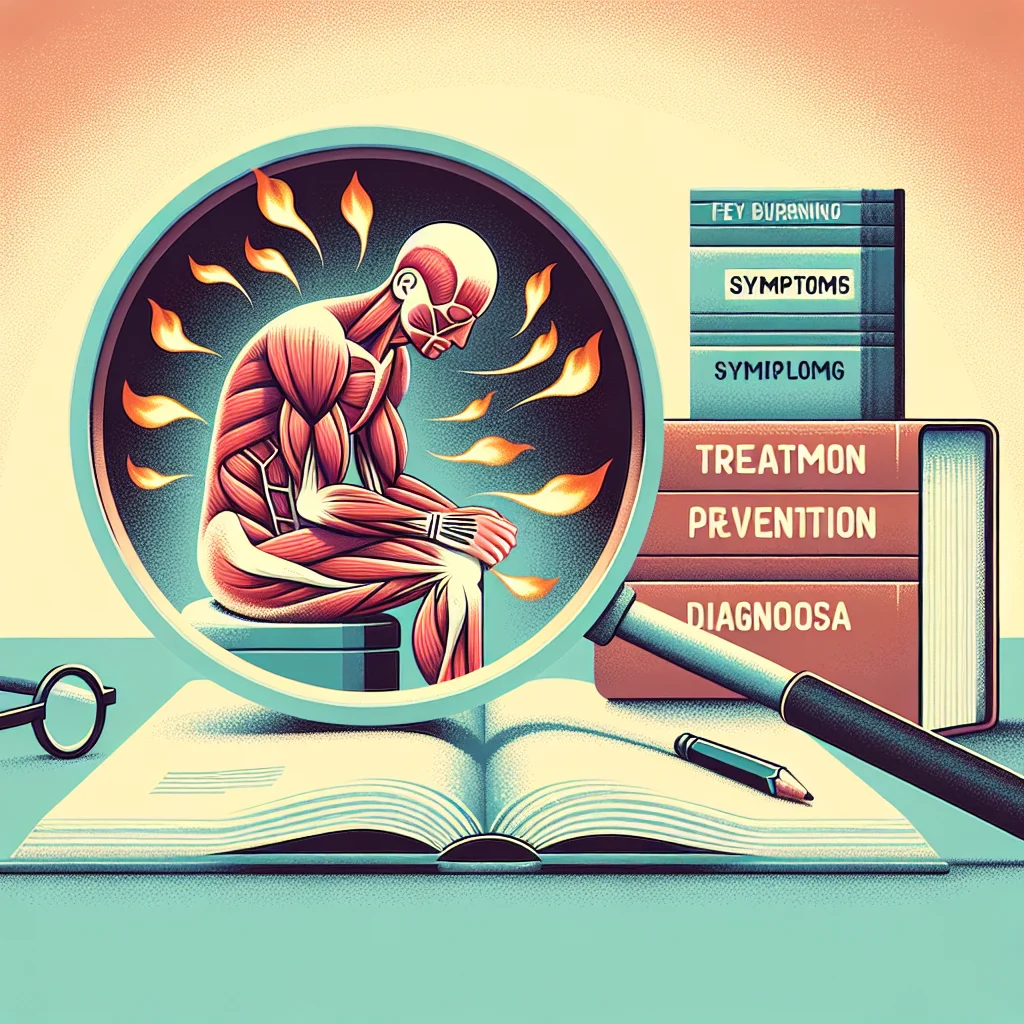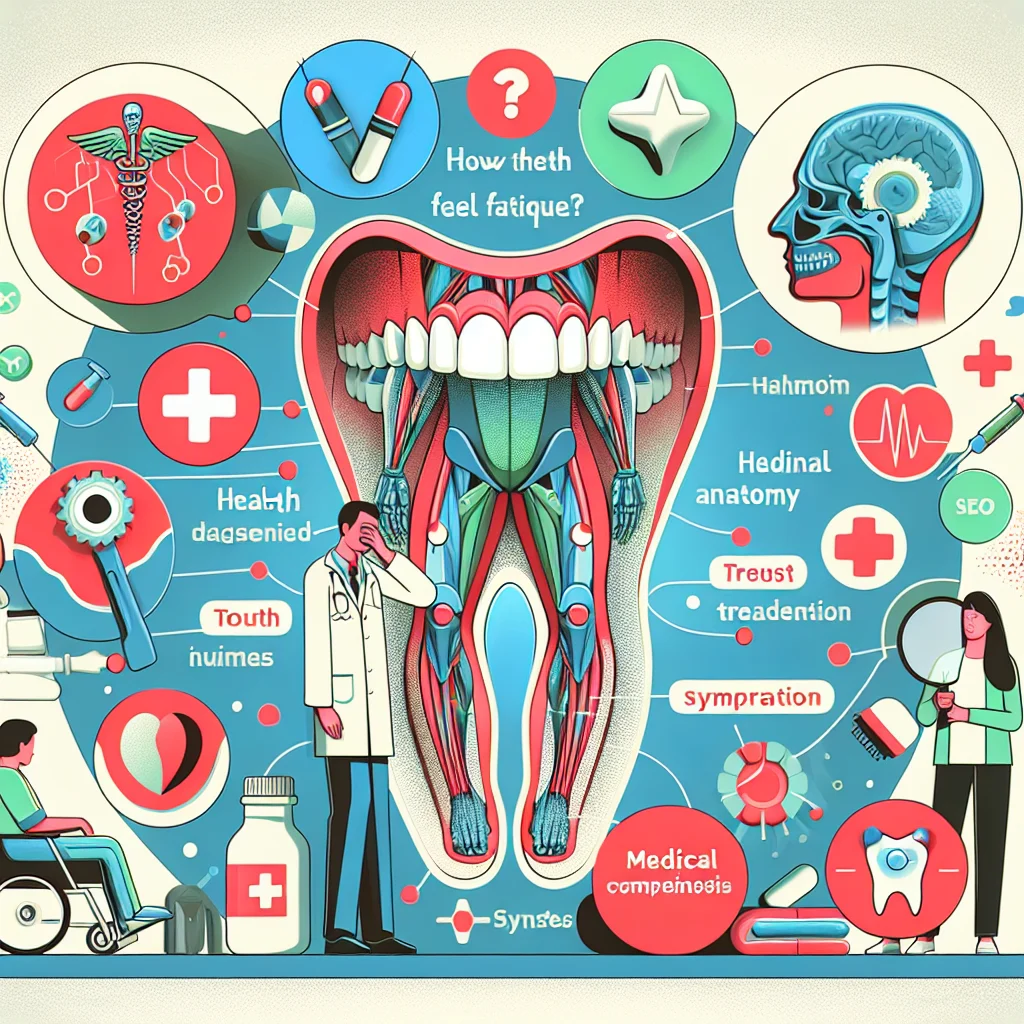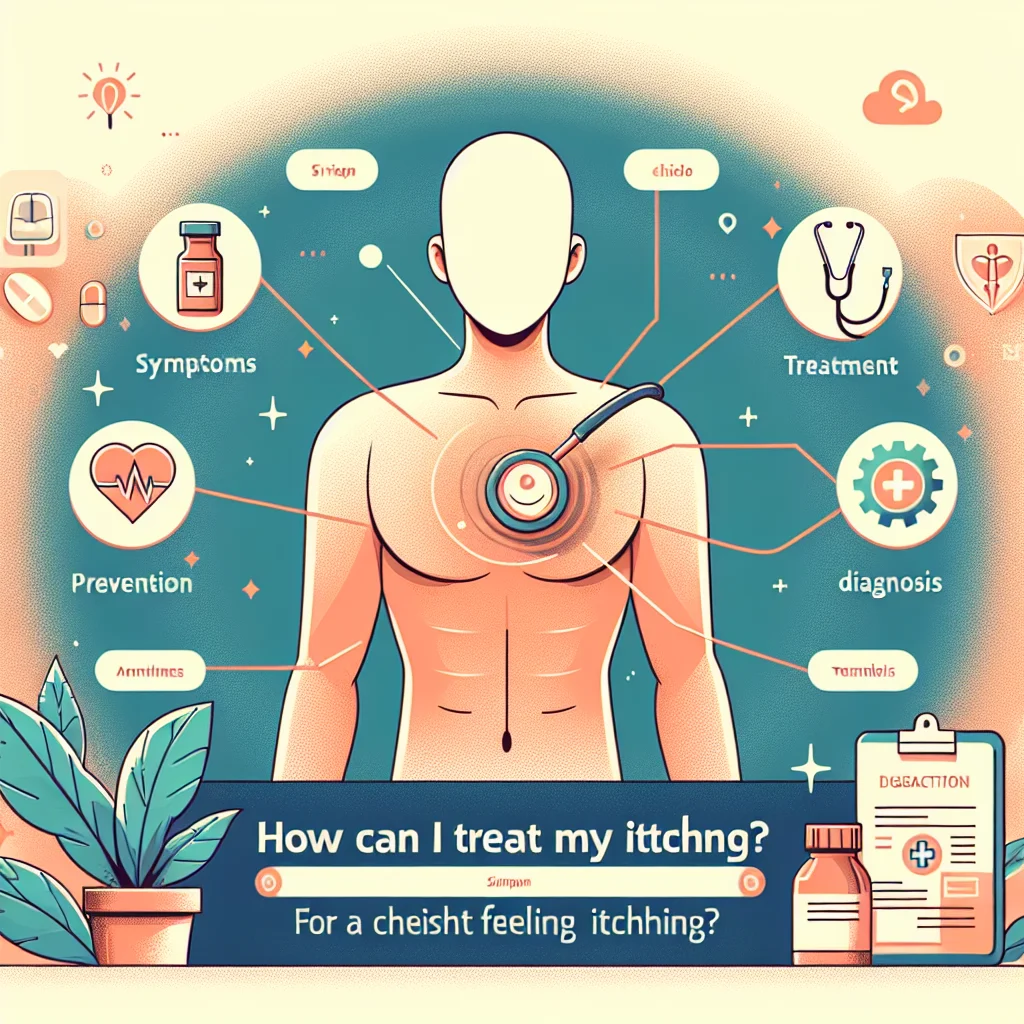
Possible Causes and Medical Insights
Itchy sensations on the chest can result from several underlying factors, ranging from simple skin dryness to more complex medical conditions. Common causes include allergic reactions, eczema, contact dermatitis, and even fungal infections. Sometimes, environmental triggers like harsh soaps or laundry detergents can irritate the skin and cause persistent itching. Understanding these potential causes is crucial for identifying the most effective treatment strategy and for seeking appropriate medical advice if needed.
In some cases, chest itching may be a symptom of an underlying health issue, such as shingles, psoriasis, or even systemic conditions like liver or kidney disease. If the itching is accompanied by other symptoms—such as a rash, swelling, or difficulty breathing—it may indicate a more serious medical problem that warrants immediate attention. Consulting with a healthcare professional can help pinpoint the cause and determine whether specialized treatment is necessary.
Symptoms and Risk Factors
Itchy chest skin is often accompanied by additional symptoms like redness, flaking, or the appearance of small bumps. Some individuals may also notice swelling, warmth, or sensitivity in the affected area. These symptoms can be mild or severe, and they may flare up after exposure to certain triggers, such as heat, sweat, or specific fabrics. Monitoring these signs and their progression is important for effective self-care and timely intervention.
Several risk factors can increase the likelihood of experiencing chest itching. These include a history of allergies, sensitive skin, pre-existing skin conditions, and frequent exposure to irritants. Lifestyle factors, such as poor hygiene, excessive sweating, and wearing tight clothing, can also contribute to skin irritation. Being aware of these risk factors can help individuals take proactive steps to minimize discomfort and prevent future episodes of itching.
Diagnosis and When to See a Doctor
Diagnosing the cause of chest itching typically involves a thorough review of your medical history, a physical examination, and sometimes laboratory tests or skin biopsies. A healthcare provider may ask about recent exposures, new skincare products, or any additional symptoms. Proper diagnosis is key to ensuring effective treatment, especially if the itching persists or worsens over time. Self-diagnosis can be challenging, so professional guidance is recommended for persistent or severe cases.
It's important to consult a doctor if chest itching is accompanied by symptoms such as fever, difficulty breathing, or a rapidly spreading rash. These signs could indicate a more serious condition requiring immediate medical attention. Additionally, if over-the-counter treatments do not provide relief or if the itching disrupts daily activities and sleep, seeking medical advice can help prevent complications and offer peace of mind.
Prevention and Home Remedies
Preventing chest itching often begins with simple lifestyle changes and good skin care practices. Use gentle, fragrance-free cleansers and moisturizers to maintain skin hydration and minimize irritation. Wearing loose-fitting, breathable clothing can also help reduce friction and sweat accumulation, both of which can trigger itching. Avoiding known allergens, such as certain detergents or skincare products, is another effective preventive measure.
Several home remedies may provide relief for mild chest itching. Applying cold compresses to the affected area can soothe irritation, while over-the-counter hydrocortisone creams may reduce inflammation. Oatmeal baths, aloe vera gel, and antihistamines can also help alleviate discomfort. However, if symptoms persist or worsen, it's vital to seek medical advice to ensure proper diagnosis and treatment. Practicing good hygiene and monitoring skin changes are key steps in managing and preventing recurring chest itchiness.


